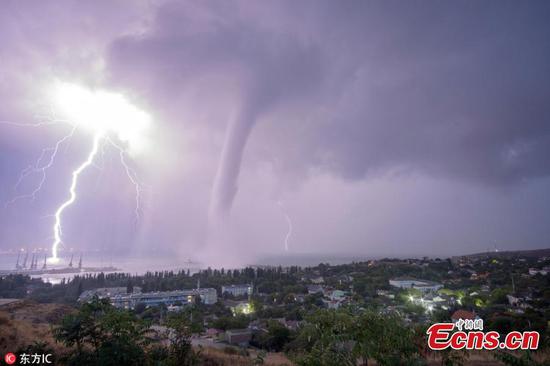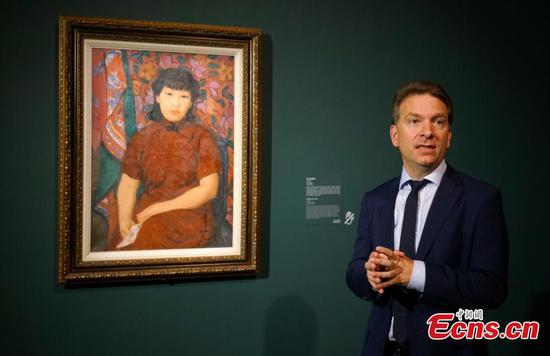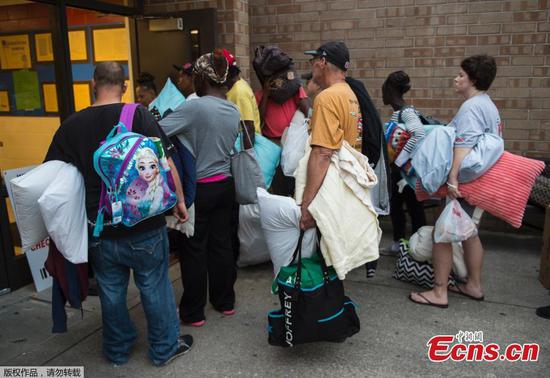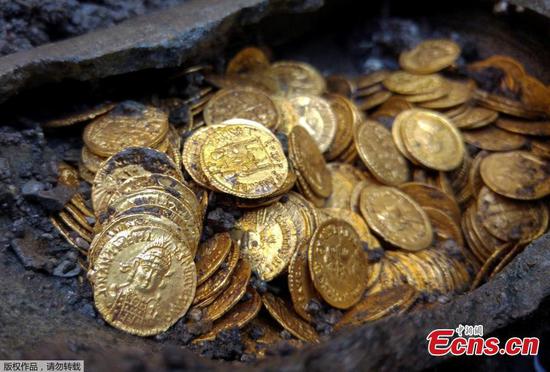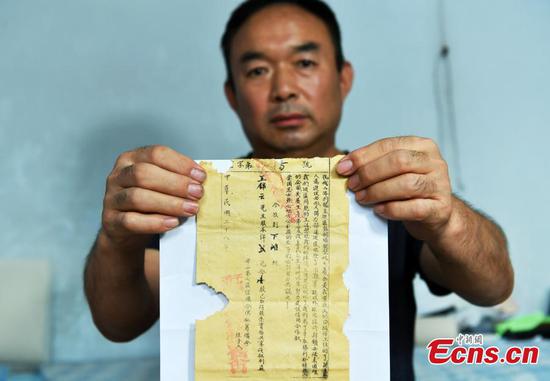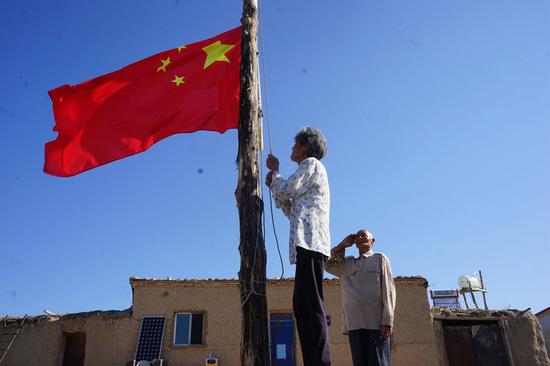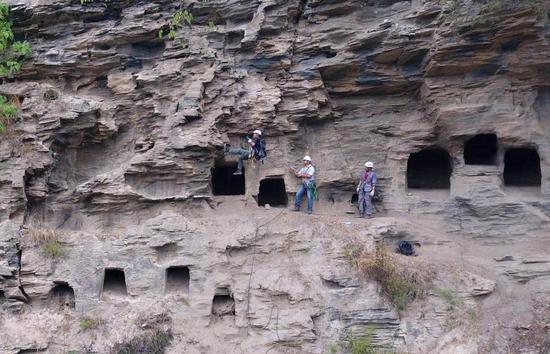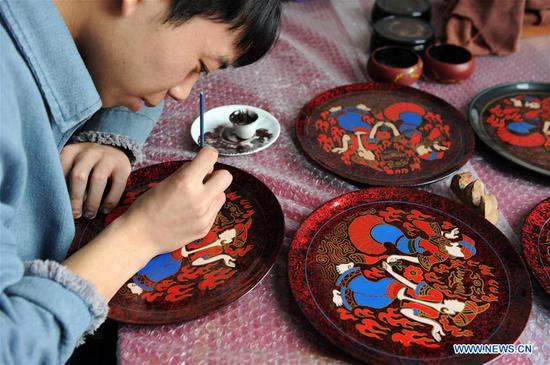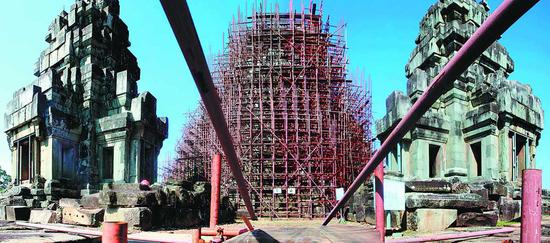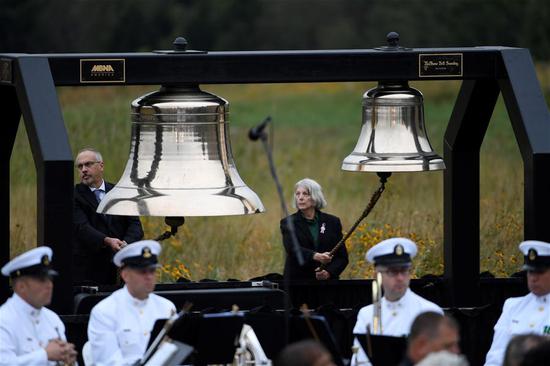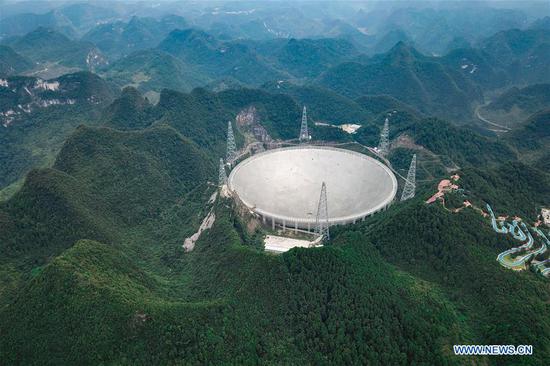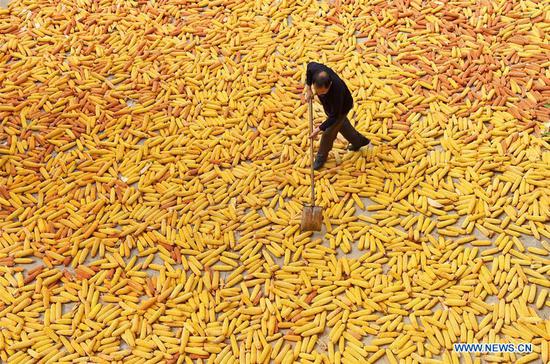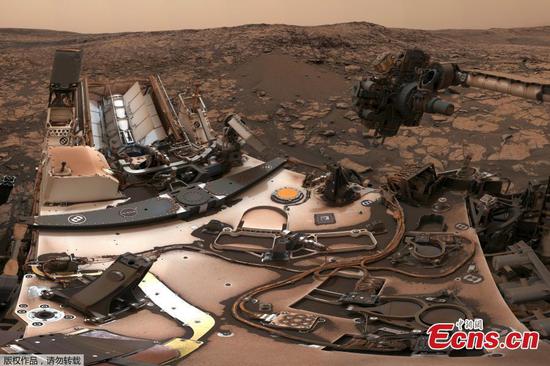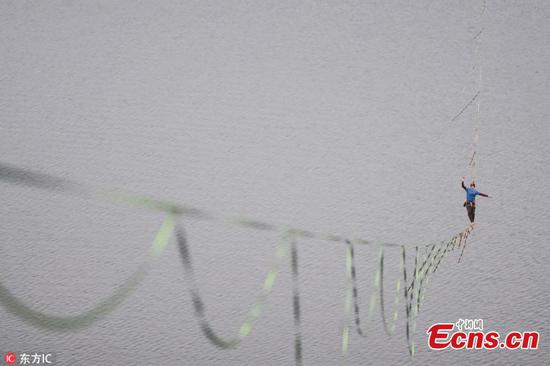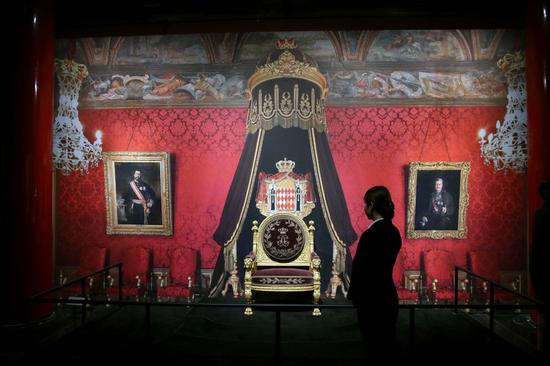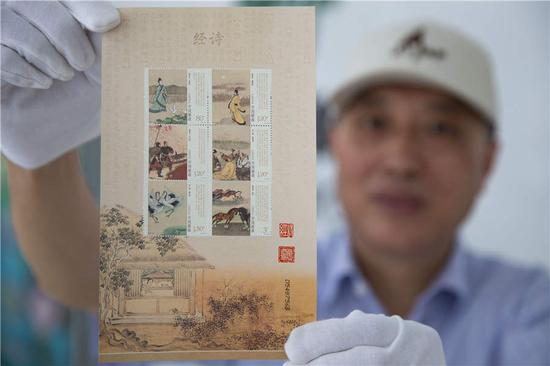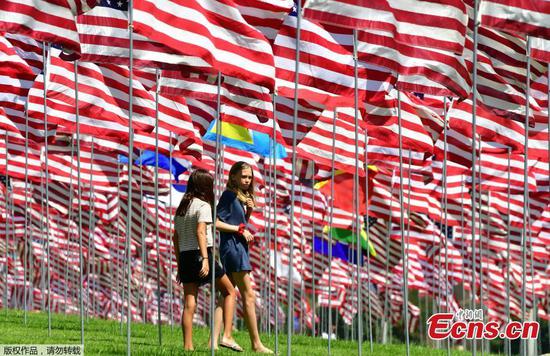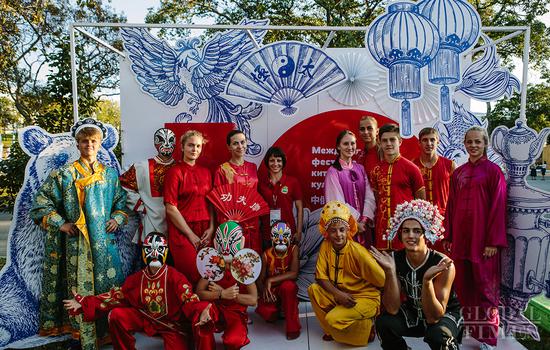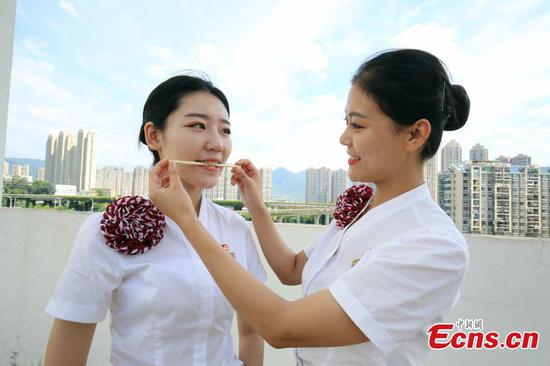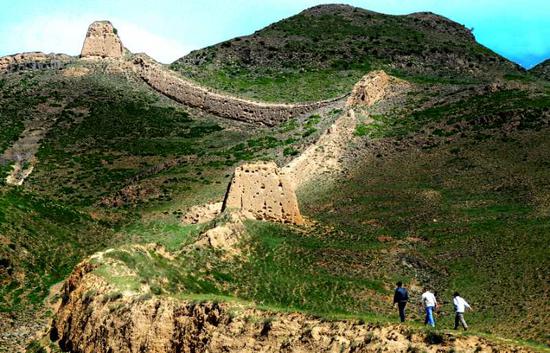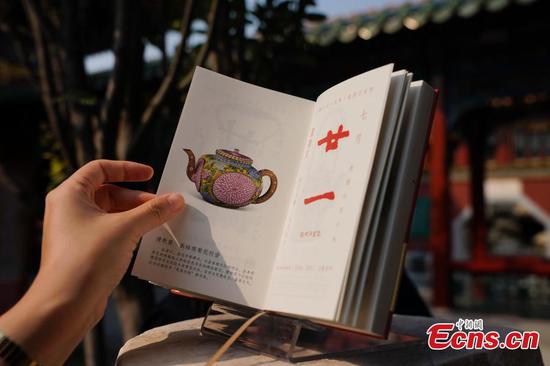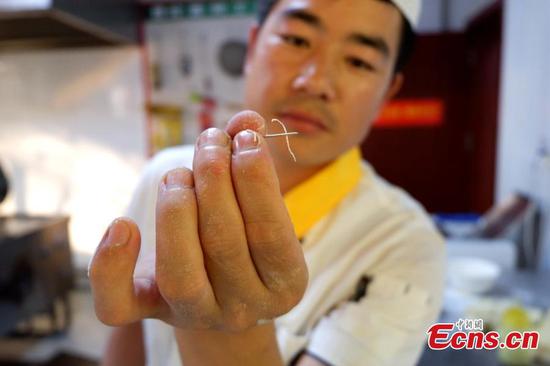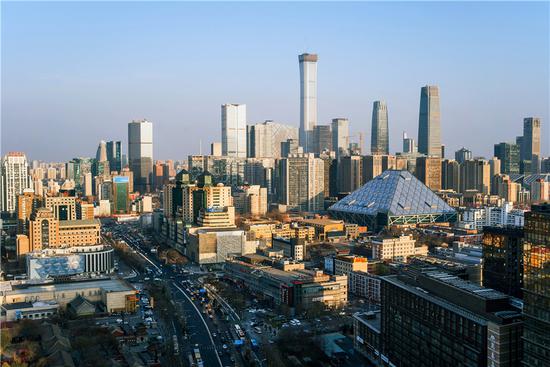
View of Beijing's Central Business District on March 24, 2018. (Photo provided to China Daily)
Changing pattern of demand fuels diversification
Beijing's Central Business District, known for its designer shopping malls, high-end offices, multinational banks and iconic skyscrapers, is changing its image to meet the diverse demands of a wider customer base.
China World Mall, built in 1990, is a flagship shopping space in the CBD that is home to boutique stores including Louis Vuitton, Fendi, Cartier and Mulberry.
On the online forum Dianping, the most frequently mentioned descriptions of the mall include "most expensive", "landmark", "superb" and "high-end".
"It's a taste of urban life that's different from the city's software industrial parks," said one online user with the name Daweisang. "Sitting at a rooftop bar, facing landmark architecture, you can feel the prosperity in the air."
Located off the East Third Ring Road, the CBD comprises numerous office buildings and a cluster of luxury hotels. The atmosphere exudes class-even the tuk-tuk drivers charge double the going rate anywhere else in Beijing.
But the district is gradually diversifying.
This trend is best reflected in the New China World Mall, the third phase of construction of the China World Trade Center-the latest addition to the ranks of CBD skyscrapers.
More restaurants charging between 30 and 500 yuan ($4 to $72) per meal, gyms and even a karaoke bar have moved in to meet the daily needs of the growing community of office workers.
"By providing a greater range of offerings at various prices, landlords in the CBD are cleverly diversifying to target the broader CBD community," said Yang Jingjing, director of the retail leasing department at Jones Lang LaSalle, an international real estate service and investment management company.
"Before, when we ate out, we were more likely to explore hutong (narrow traditional alleyways) for those small hole-in-the-wall places, or Sanlitun and the surrounding areas," Yang said.
"In the past, white-collar workers would not typically choose to visit the CBD after work or on weekends due to the lack of options in the area. They would go elsewhere, where there was more variety.
"As consumers increasingly seek new and exciting entertainment and lifestyle offerings, the CBD is changing to meet that demand," Yang said. "For example, we are seeing more cinemas open, which are of much better quality and even host high-profile movie premieres.
"The number of cinema screens in the CBD area used to be very limited. The cinemas were also pretty small, so they could not host any premieres."
Services in the CBD are steadily diversifying. For example, the food and beverage sector accounts for 21 percent of business at the New China World Mall.
"As a retail destination, the CBD is more exciting today than ever," Yang said. "There are plenty of options here from yoga to karaoke. Along with abundant luxury brands, shoppers can also find indie designer brands. As landlords and retailers in the CBD continue to work together, the environment will become more vibrant."
According to research by Jones Lang LaSalle, by the end of 2016 about 400,000 people were working in the district.
When the new phase of the China World Trade Center started its trial run in the first quarter of last year, James Hawkey, JLL's head of retail for China, said: "The CBD lacked entertainment services such as karaoke or bars. The third phase of the China World Trade Center will fill that gap and stand out among other malls."
"The area will add more options for nightlife and entertainment, and will be able to fulfill the consumption needs of the large number of CBD office employees. Such a change will make the area more competitive."









